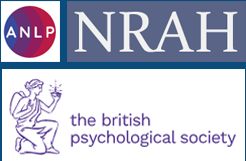Hypnotherapy is a complimentary medicine in which the power of the mind is used to make changes and reach positive outcomes. Hypnosis as it is understood today started in the late 18th century with the Austrian Physician Mesmer. He considered that what was likened to a sleep like state, would assist people in healing their alignments.
The Scottish Physician James Braid took an interest in such work and further developed the medical applications and scientific understanding of these theories in the nineteenth century and it is from his work that modern hypnosis derives. Indeed, James Braid is widely recognised as the father of modern hypnosis.
The word hypnosis comes from the Greek god of sleep, Hypnos. Hypnosis is a state of mind related to deep relaxation, increased suggestibility and narrowed focus. Hypnotherapy is when hypnosis is used for therapeutic purposes.
The hypnotherapist would assist the client to enter a very relaxed state of hypnosis and then make positive suggestions that help the subconscious mind achieve desired goals.
There is some concern that a hypnotherapist can misuse there skills and can instruct a client to do something against their will. This concern comes from stage hypnosis shows. There is a big difference between stage hypnosis and hypnotherapy. The people who volunteer for stage hypnosis are exhibitionist types who choose to perform. People who visit a hypnotherapist have their core beliefs and they remain in control.
Some people are more suggestible than others to enter a state of hypnosis than others. Generally the people who do not enter hypnosis are; people who do not want to be hypnotised, people of very low intelligence, people under the influence of drugs, and very young children. It is not recommended that people with psychosis or epilepsy have hypnotherapy.



